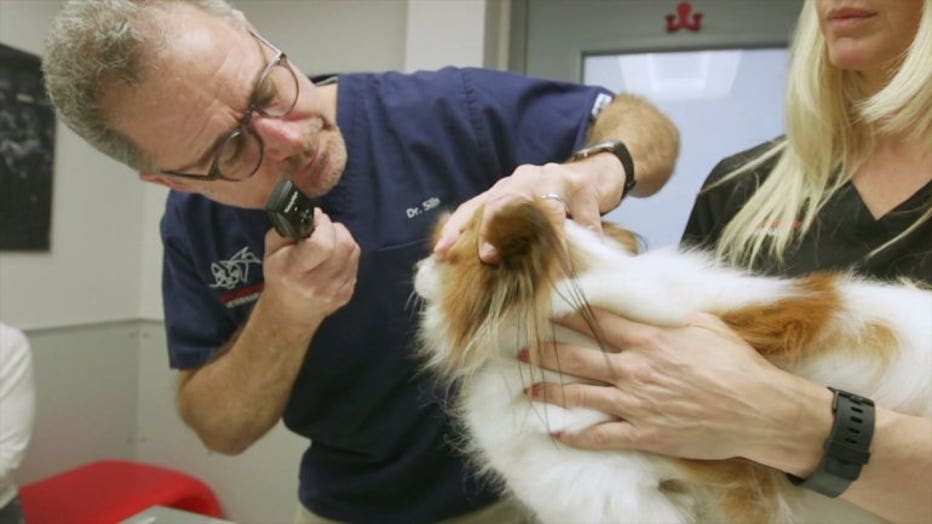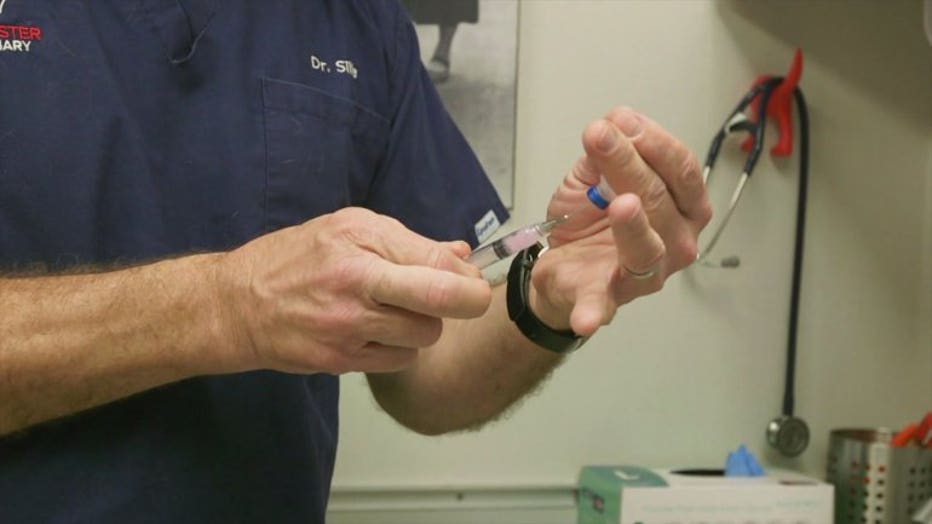Investigating antibiotics for pets
You’ve probably heard about antibiotic resistance in humans, but what about pets? It turns out some veterinarians and scientists are very concerned about it. As Consumer Reports found out, they’re sounding the alarm in the interest of public and pet health.
When people take antibiotics they don't need, it can lead to the development of bacteria that actually resist those drugs and are harder to treat with the typical medications used. And the exact same thing can happen with animals.

The health team at Consumer Reports says that no one should take an antibiotic he or she doesn’t need — people or pets!
Antibiotics can cause side effects in pets, including diarrhea, vomiting, and even seizures.
The decision to use antibiotics should be on a case-by-case basis; you don’t want to abuse medication.

The best approach may be to take preventative steps to help keep your pets from getting sick in the first place. For example, keep them up to date on their shots, and be diligent about laundering pet bedding and hand washing.
Consumer Reports also encourages pet owners to speak up. That means if your dog or cat is sick, let your vet know that you don’t want an antibiotic to be prescribed unless it’s really necessary. And ask whether there are other options your pet can try first.

All Consumer Reports material Copyright 2019 Consumer Reports, Inc. ALL RIGHTS RESERVED. Consumer Reports is a not-for-profit organization which accepts no advertising. It has no commercial relationship with any advertiser or sponsor on this site. Fo

